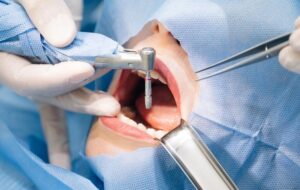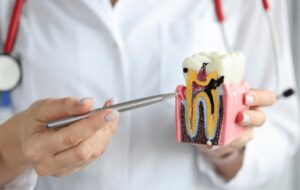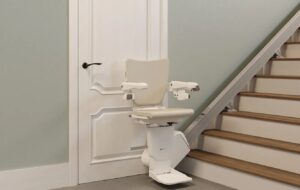It becomes increasingly essential for us to take care of our oral health as we become older. Maintaining an attractive smile is only a single part of oral hygiene for seniors; another is to safeguard their overall well-being and health. This blog will highlight the significance of consulting, which a dentist in Orange Park, FL, can offer to treat patients and provide dental care for seniors. It will also provide some essential guidance on how to keep healthy, bright smiles.
It is no secret that as we age, our bodies change, and this applies to our mouths as well. Dental caries, tooth decay, and tooth loss are among the oral health problems that older people are more likely to suffer from. It is essential to make oral hygiene a priority since these problems can have significant adverse effects on their quality of life.
Why Is It Important To Maintain Oral hygiene For Seniors?
- Preventing Tooth Decay: Infections and painful cavities are two adverse effects of tooth decay that are especially hazardous for elderly people. Their ability to eat and receive the proper nutrition may be affected by dental discomfort.
- Gum Disease: Gum disease can cause tooth loss if treatment is not provided. Furthermore, research shows a possible link between gum disease and more severe medical disorders, including diabetes and heart disease.
- Oral Cancer: As one ages, the probability of developing oral cancer increases. Regular dental checkups can significantly increase the possibility of a practical course of care by contributing to the early detection and treatment of oral cancer.
- Maintaining Confidence: Self-esteem and confidence may both be improved through a healthy smile. Seniors who maintain excellent oral hygiene are more likely to smile, interact with others, and have better lives in general.
Oral hygiene tips for seniors
- Proper brushing and flossing: The correct method for seniors to clean and floss their teeth is to continue brushing them at least twice each day and flossing every day. Fluoride toothpaste and a toothbrush with soft bristles are recommended.
- Denture care: Seniors who have dentures should take care of them by cleaning them on a daily basis and taking them out at night to provide their gums a chance to recover.
- Hydration: Maintaining proper oral hygiene requires staying hydrated. Tooth decay may arise from a dry mouth, which is common among the elderly. Regular water consumption could help fight this issue.
- Balanced Diet: Consuming a diet high in vegetables, fruits, and lean meats provides your teeth and gums the nutrition they need to stay strong.
If you have seniors in your house, make sure to schedule an appointment with a dentist for them and regularly assess their oral health.











